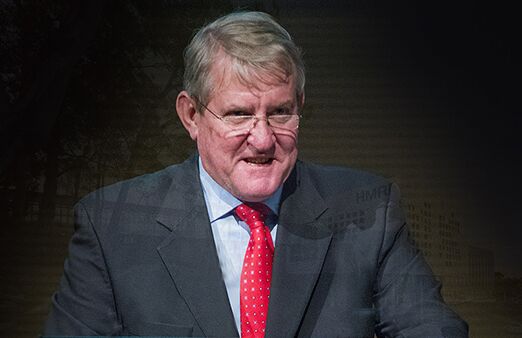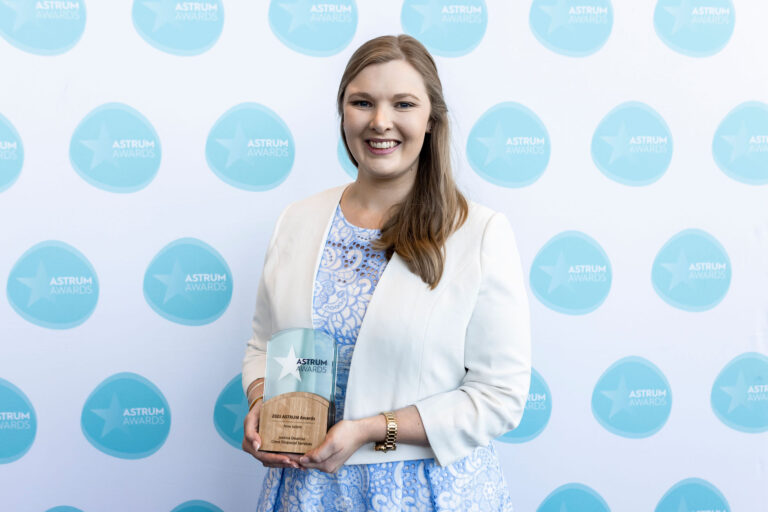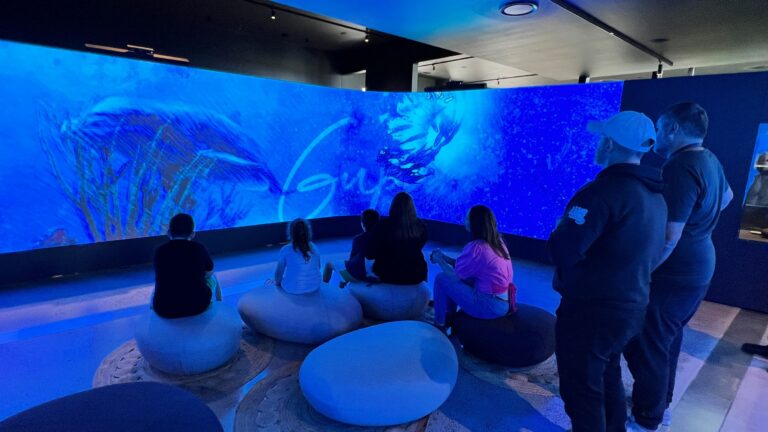The Hunter Medical Research Institute (HMRI) hosted an official visit by the Federal Minister for Industry, the Hon Ian Macfarlane MP, earlier this week to discuss opportunities to foster new national and international biomedical links between science and industry.
The Minister, whose portfolio includes science, spoke with researchers about their work in the wake of the Government’s commitment last week to establish the $20 billion Medical Research Future Fund, the world’s biggest medical research endowment fund.
They discussed the future development of pharmaceuticals and medical devices as part of a long-term vision to potentially establish a biotech manufacturing base in the Hunter Region.
“As the Science Minister I continue to be delighted by the standard of medical research in Australia,” Mr Macfarlane said. “We are going to see medical research continue to move ahead, and a key to that is ensuring we not only find the cures and health outcomes but look for opportunities to have high-skilled jobs right across the spectrum.
“What impressed me at HMRI was the standard of research being conducted by the 1300 researchers and the state-of-the-art facilities. Not a cent is wasted and the Institute is delivering real value for money to the people who contributed to it. It’s a real credit to the region.”
He was also encouraged by HMRI’s focus on international collaboration and commercialisation.
“Good ideas are one thing but ‘collaborating’ them into great ideas is what it’s all about. International connections can turn the ideas into commercial realities,” he continued.
“Everything I’ve seen tells me that not only is HMRI well run but that it produces great results and is in a very strong position to obtain grants from the Medical Research Future Fund.”
Professor Nilsson said that Hunter-based researchers were forging ahead with ground-breaking findings through collaborating with other leading medical research institutes around the globe.
“Through its integration with the University of Newcastle and Hunter New England Health, HMRI is a multidisciplinary institute conducting truly translational research,” Professor Nilsson said.
“By fostering collaborations and providing top facilities, we can rapidly translate outcomes into targeted treatments for patients across a raft of illnesses and conditions.”
Professor Nilsson said the Medical Research Future Fund was a highly positive development in principle as it would provide a stable employment environment to encourage the best and brightest minds to enter the medical research sector and stay.
“Globally it will elevate Australia to the top echelon of nations doing the heavy lifting in health research and development,” Professor Nilsson added. “It remains to be defined how the money will be spent but we are hoping the focus will be on translational research along with international collaboration and interdisciplinary collaboration.
“It is not all about finding cures, of course, because we need to explore innovative partnerships between science and commercial entities for disease prevention and better therapies. These will become increasingly important with an ageing population where diseases such as cancer, diabetes, dementia, stroke, cardiovascular disease and more will create an increasing burden.”
Image | The Hon Ian Macfarlane MP






